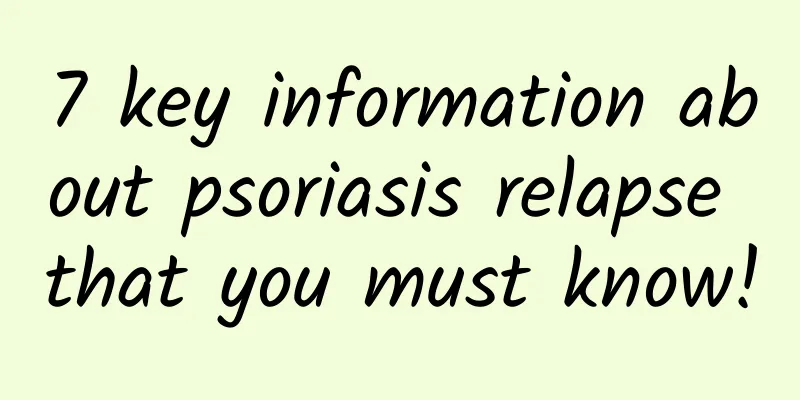How to lose weight with breast milk after childbirth

|
After giving birth, many breastfeeding mothers will have obesity problems. This is mainly because during the breastfeeding period, mothers need to supplement certain nutrients to ensure sufficient milk so that the child can eat enough. Of course, no one wants to be fat, so many mothers want to lose weight after giving birth. So, how to lose weight during postpartum breastfeeding? 1. Develop correct eating habits People gain weight because their energy intake is greater than their expenditure, causing the excess energy to be stored as fat. The basic way to control energy is to develop correct eating habits. Since breastfeeding your baby uses up a lot of energy, it in itself can help you lose weight. Whether you plan to lose weight or not, it is beneficial to develop the eating habits of "eating well in the morning, eating enough at noon, and eating moderately at night". 2. Appropriate exercise is important Moderate exercise is important for maintaining good health. If you are taking care of your baby alone, you already exercise a lot every day. If someone helps you, it is best to spend at least half an hour exercising on the basis of ensuring sleep. It is generally more appropriate to exercise in the evening, such as brisk walking half an hour after dinner. Continuous brisk walking consumes more energy than short-term sprinting, which helps to lose weight. In addition, exercising after dinner can burn excess calories in the body. You can also refer to our postpartum exercise video. 3. Don’t eat sweets Sugar is one of the main sources of energy, but it is mostly provided by starch in staple foods (rice and flour) in the diet, while sweets are mostly monosaccharides and disaccharides, which can easily and quickly increase blood sugar concentrations. If you eat too much sweets, it may induce the pancreas to release a large amount of insulin, prompting the conversion of glucose into fat. This is definitely something you don't want to encounter during your weight loss journey. 4. Ensure food diversity Pay attention to food diversity, at least do not eat the same food for 2 consecutive days. This will help ensure balanced nutrition for you and give you enough milk to meet your baby's health needs. Your daily food needs include: at least 300 grams of staple food in three meals a day, at least 400 grams of vegetables, one fresh fruit a day, milk, eggs, beans, meat (fish, chicken, livestock), at the same time, appropriate amounts of liver, blood products, mushrooms, fungus, and coarse grains 2 to 3 times a week, and an appropriate amount of nuts. Of course, drinking enough soup every day is also very necessary for your milk secretion. |
<<: Is it easy for IVF to cause miscarriage?
>>: What is the method for rectus abdominis repair after childbirth?
Recommend
Can I have an abortion if I have cervical polyps?
In our lives, many women will find that they have...
How to stop bleeding during threatened abortion, here are some points to note
Miscarriage is an abnormal condition that many wo...
Is progesterone 27 normal?
In early pregnancy, progesterone levels are very ...
What is snail rice noodle made of? What does it taste like?
The soup base of snail noodles is mainly made of ...
Causes of cloudy urine in pregnant women
Many pregnant women have turbid urine, which make...
Cervical cyst picture
Compared with other types of gynecological diseas...
Why is internal examination necessary for caesarean section
Many women choose to have a cesarean section when...
How many days does bleeding last for an ectopic pregnancy?
The most obvious and common feature of ectopic pr...
What is the relationship between Nansheng and Qiao Man in Bianhua? What is Qiao Man's ending?
As the holiday is extended, more and more TV dram...
Is endometrial scraping painful?
For women, if polyps or tumors appear inside the ...
I had chills and shivered all over during the confinement period
You need to be extra careful during the confineme...
Always believe in the powerful power of your body - its self-healing power
As early as 2,000 years ago, Hippocrates, the fou...
Can I eat grapes during confinement?
Mothers should also pay attention to balanced nut...
I checked my vaginal discharge and it was normal, why is there a strange smell?
Normal leucorrhea should be milky white or colorl...
Can we see Mars from Earth? What does the mysterious veil of Mars mean?
People don't know much about Mars and have ne...









